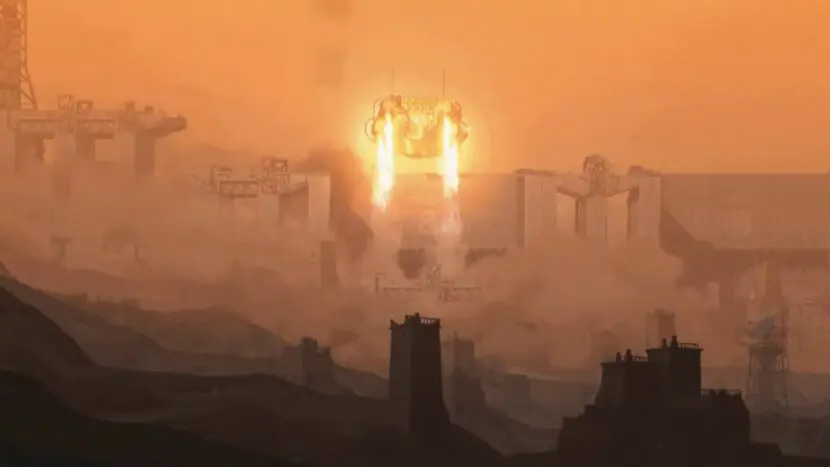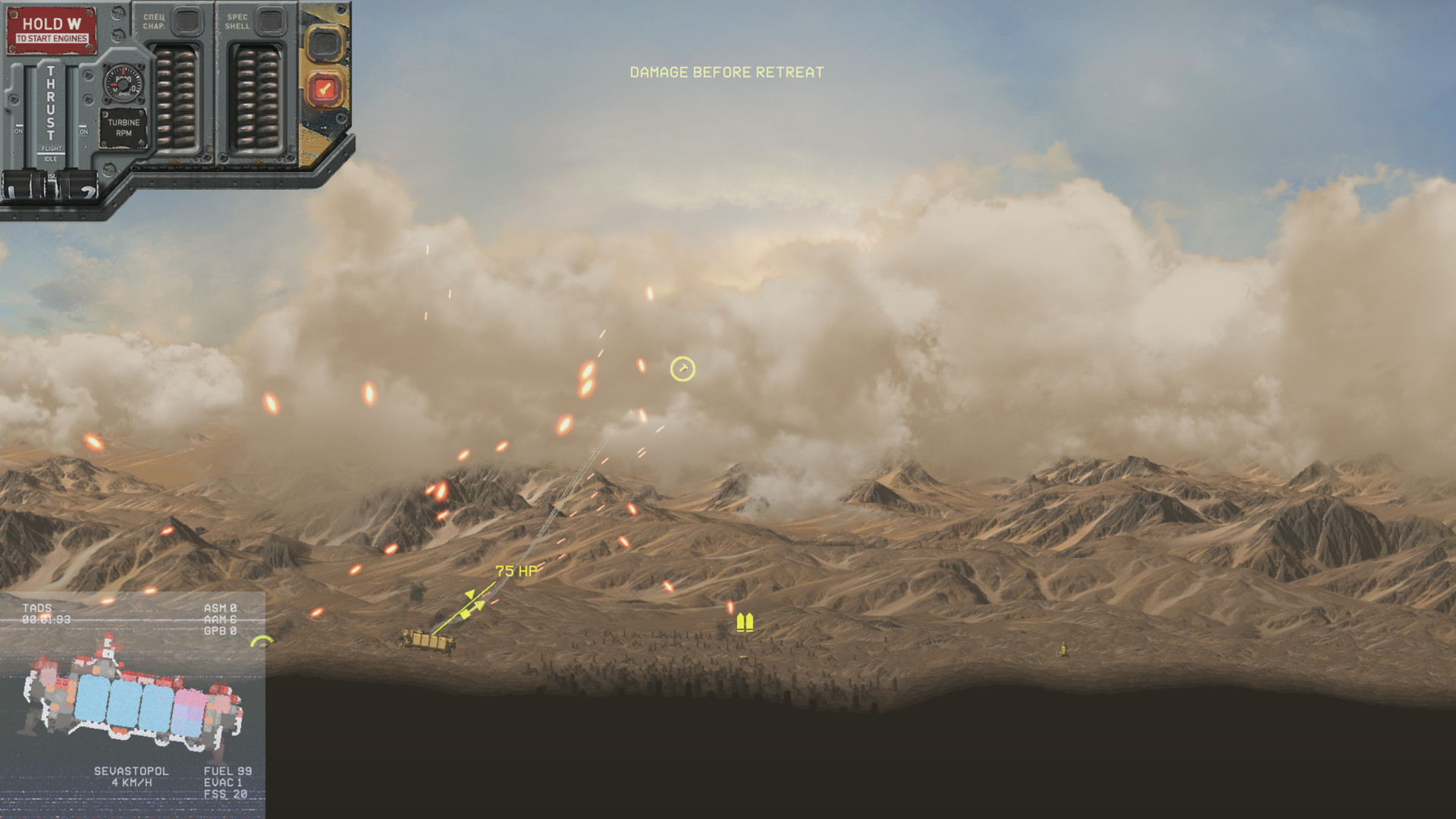

Diplomacy and relationships play an unusually large role, and saying the right thing can net you new friends, crew and ships, or you can just piss people off and ruin everyone's morale. You don't want to spend all of your cash on fuel because you'll also need it to upgrade your ships with various components and weapons, or more likely spend it on repairs.īeing in charge of this war machine also means being a people person. Fuel gets burned through at an alarming rate, but you can also acquire more even if you don't have cash by taking enemy supply vessels and investigating crashes. HighFleet's campaign has a strong survival bent that sees you living hand to mouth as you try to find the resources required for your conquest of the Kingdom of Gerat.

There's just something deeply satisfying about hearing gears grinding and mechanical components clicking away as you watch ammo being reloaded.Ĭrushing your enemies is only half the battle, and you're just as likely to be undone by your dwindling fuel supply as you are a missile. The sound effects then elevate the fantasy of being in command of this fleet of steel titans. It's a bit imposing, but it also begs to be played with, and this is one place where the tactile nature of the game really works to its advantage. Aside from the main menu, nearly every UI element is part of your command station, so when you want to drop your ships into a city, for instance, you have to yank a lever, and you can use your compass, ruler, pencil and eraser to chart your course on the map display. The real eye candy comes from the diegetic UI. It takes just long enough and is just fiddly enough to become a chore, and the visual payoff isn't quite enough to make up for the busywork. HighFleet is a very tactile game that does very little without your direct, hands-on input, but there are times that I wish it would just take over for me, and it's usually when I'm landing. This is a manual process that sees your chosen ship plummeting towards the ground, requiring you to slow down the descent and pick a landing spot, a choice which will determine your repair bonus. The ships look more fetching up close, of course, and you get a much better look at them when you land in a city. It's hard to appreciate when you're trying to put out yet another fire, but the battles are a striking bunch, especially if you like skies filled with smoke, debris and projectiles. You're only ever a few hits away from disaster, so you bob and weave between streams of enemy gunfire, with judicious use of your boost to make quick adjustments and get out of the way, pushing your engine to its breaking point. What the other systems and complications do is give you a sense of constant danger, where you're dancing on a knife edge at all times. But in the heat of battle if feels like everything else melts away, leaving just the arcade essentials. OK, so maybe it's not entirely straightforward.


 0 kommentar(er)
0 kommentar(er)
